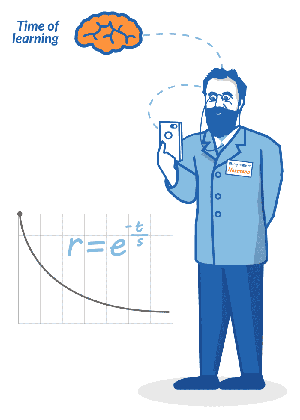Background
AnglicareSA has a highly skilled dedicated workforce capable of delivering exceptional quality care to consumers living with dementia. In 2020, AnglicareSA delivered two dementia care online learning modules as part of its annual continuing professional development program for aged care staff.
 "AnglicareSA have worked with Obvious Choice for many years, and personally I have worked with them across different industries. James Stack and his team are the elite professionals in the Learning and Development contemporary learning space. They offer tailored, value add solutions and are always across best practice. Their research into how individuals and teams learn is quite ground-breaking, and they offer practical options based on this research and their experience".
"AnglicareSA have worked with Obvious Choice for many years, and personally I have worked with them across different industries. James Stack and his team are the elite professionals in the Learning and Development contemporary learning space. They offer tailored, value add solutions and are always across best practice. Their research into how individuals and teams learn is quite ground-breaking, and they offer practical options based on this research and their experience".Sharyn Osborn
Executive General Manager People and Culture.
Little and often using Forget Me Not microlearning app 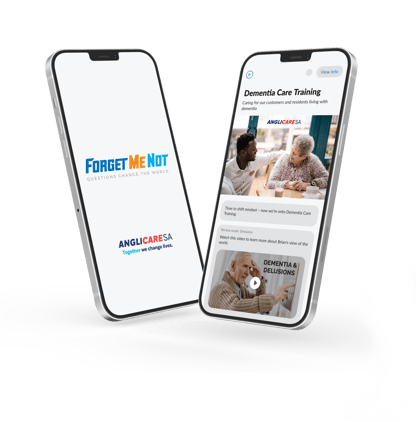
To help employees continuously build their dementia care skills AnglicareSA worked alongside Obvious Choice to innovate with a ‘little and often’ learning delivery approach. Over an 8-week window, employees were nudged with 5-minute dementia care scenarios. This provided Carers extra practice responding to virtual consumers who were displaying signs of delusion, agitation, aggression or at risk of wandering.
Employees got enormous value from a few minutes of learning each shift and reflected “the small bursts of training were a real time saver” and the repeated practice attempts built their confidence. The ‘little and often’ approach trialed at AnglicareSA is backed by neuroscience and HR research by Josh Bersin on optimal training delivery techniques for the modern worker.
 Easy and Convenient
Easy and Convenient
All staff found learning via the Forget Me Not microlearning app easy and straightforward.
Rather than roster employees off to attend classroom training sessions or retake the 30-minute online learning modules, AnglicareSA encouraged employees to find 5 minutes during their shift to learn on their mobile phone.
Personalisation 
The microlearning experience was designed to meet employees where they’re at in their journey to dementia care competence. When employees struggled with virtual consumer scenarios, rich adaptive feedback helped bridge knowledge gaps. Retrieval practice, a neuroscience process that provides employees with multiple opportunities to practice how to respond and deliver safe, quality care to dementia consumers, led to increased employee confidence.
Employees who demonstrated competence the first time they encountered a scenario were stretched with a variant scenario a few days later. In this way, each employee’s journey to dementia care knowledge mastery was personalised. Some Aged Care staff were able to master the scenarios in a couple of weeks whilst others took a little longer. Personalisation meant people who needed more practice were able to move at a pace that matched their current competence. This adaptive learning is not possible with traditional online learning modules.
Actionable insights to impact
>By upskilling employees with microlearning and innovating with learning analytics, AnglicareSA were able to provide more coaching opportunities for frontline Carers on dementia care.>
Obvious Choice Managing Director James Stacksaid the transformation to a microlearning app with powerful analytics makes it easier for aged care providers to continuously develop staff and quickly close knowledge gaps.
 "A key business benefit of using the Forget Me Not microlearning app is getting analytics on what staff know and don’t know about dementia care. Unlike Forget Me Not, traditional online learning doesn't show us what staff originally knew or didn't know or how they mastered dementia care knowledge over time." he said.
"A key business benefit of using the Forget Me Not microlearning app is getting analytics on what staff know and don’t know about dementia care. Unlike Forget Me Not, traditional online learning doesn't show us what staff originally knew or didn't know or how they mastered dementia care knowledge over time." he said.
"This analytics provides insights for senior clinicians and Residential Managers to provide extra coaching and mentoring to staff who need more support."
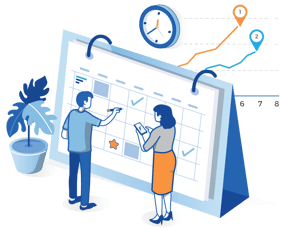
WHERE TO NEXT?
On the back of the Dementia Care microlearning campaign, AnglicareSA plan to rollout cultural safety training using Forget Me Not. Frontline staff think the Forget Me Not App "would be super good for nearly any clinical scenario or a range of other skills too."
Trial Forget Me Not for free!
Send your details below and we will be in touch to provide your microlearning access.
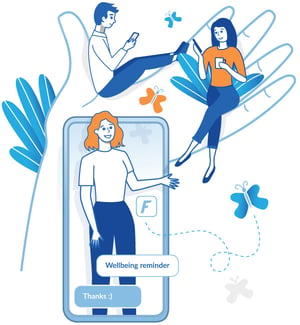 In our last blog, we presented three core principles that serve as anchor points for
In our last blog, we presented three core principles that serve as anchor points for 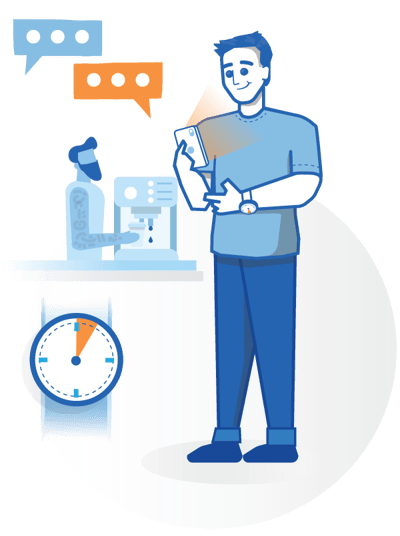 Microlearning provides one way of visualising ‘little’ digital experiences. Microlearning uses short, focused interactions targeting an increase in learners’ knowledge and skills across a single topic.
Microlearning provides one way of visualising ‘little’ digital experiences. Microlearning uses short, focused interactions targeting an increase in learners’ knowledge and skills across a single topic.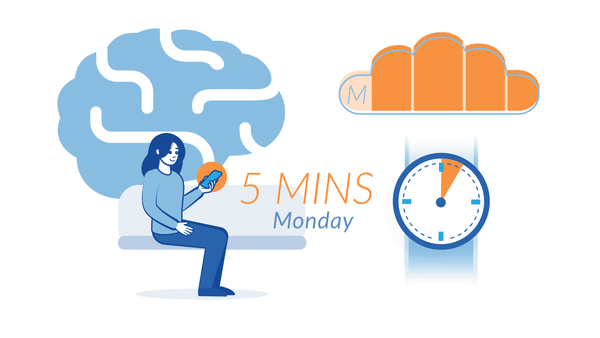 Micro-learning is a form of ‘digital chunking’… and just like
Micro-learning is a form of ‘digital chunking’… and just like 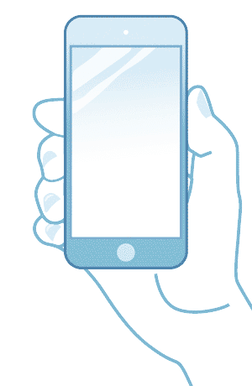 So, our brain and our digitally dependent lifestyles can take advantage of an approach to learning that chunks knowledge and skills into microlearning experiences that are continuously consumed at a time and place set by the learner.
So, our brain and our digitally dependent lifestyles can take advantage of an approach to learning that chunks knowledge and skills into microlearning experiences that are continuously consumed at a time and place set by the learner.
 Most research indicates mobile use levels have outstripped time spent on ‘traditional’ computers such as laptop since about 2014. And as part of this trend we have witnessed the rise of mobile ‘apps’.
Most research indicates mobile use levels have outstripped time spent on ‘traditional’ computers such as laptop since about 2014. And as part of this trend we have witnessed the rise of mobile ‘apps’. Consistency vs Intensity
Consistency vs Intensity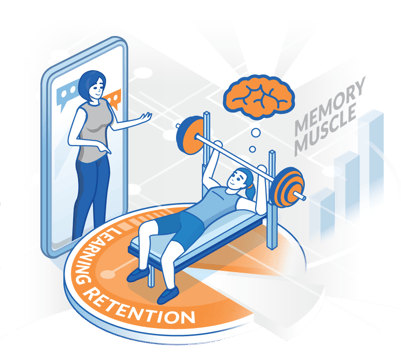 APP Learning
APP Learning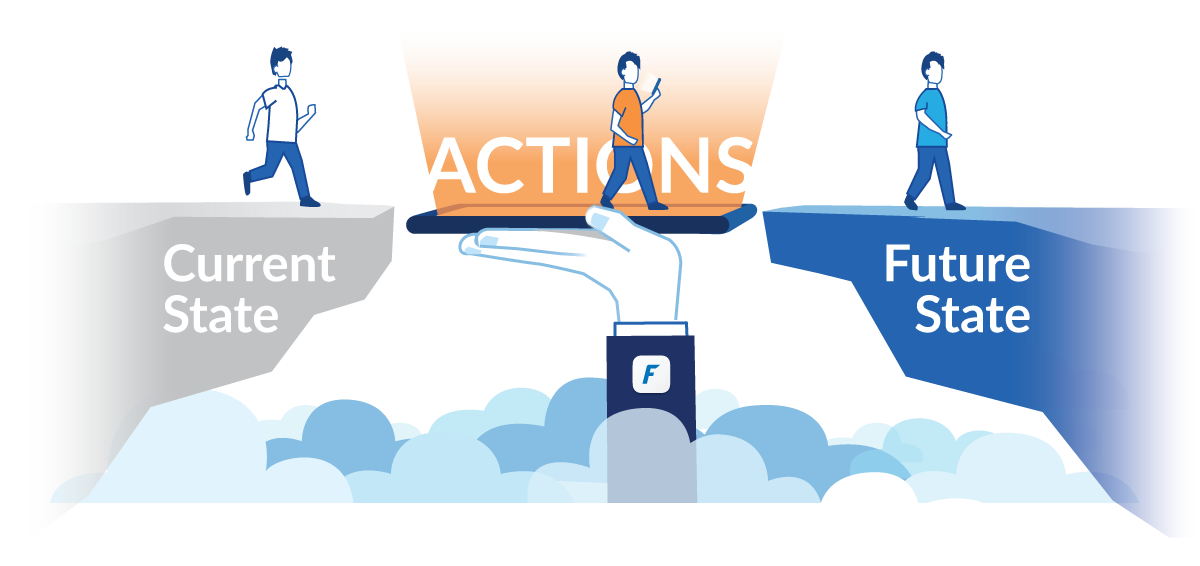

 In every superhero story there has to be a super-villain. And ours is no exception. The villain in our story is traditional learning and it has been around (and doing the same thing) for a very long time.
In every superhero story there has to be a super-villain. And ours is no exception. The villain in our story is traditional learning and it has been around (and doing the same thing) for a very long time.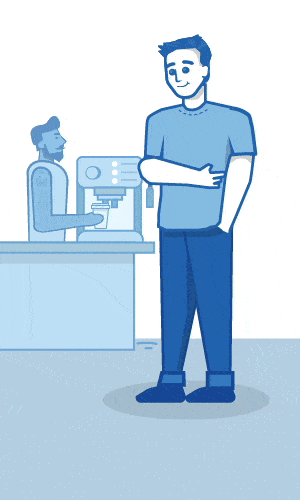 Remember the name
Remember the name  Our superpower doesn’t come from the sun or from a radioactive spider. It comes from
Our superpower doesn’t come from the sun or from a radioactive spider. It comes from 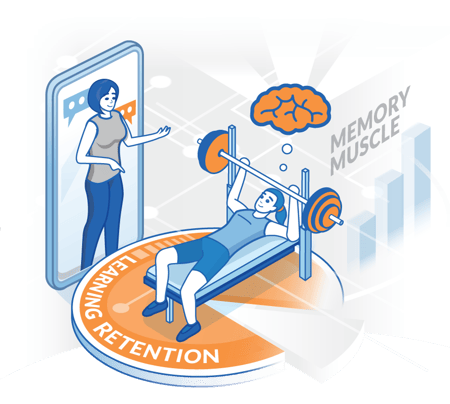 How Forget Me Not can super-power up your training
How Forget Me Not can super-power up your training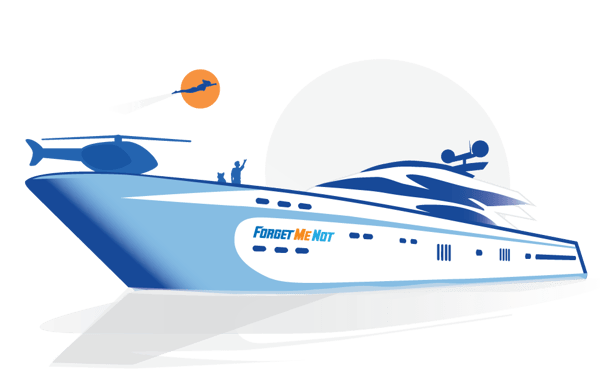
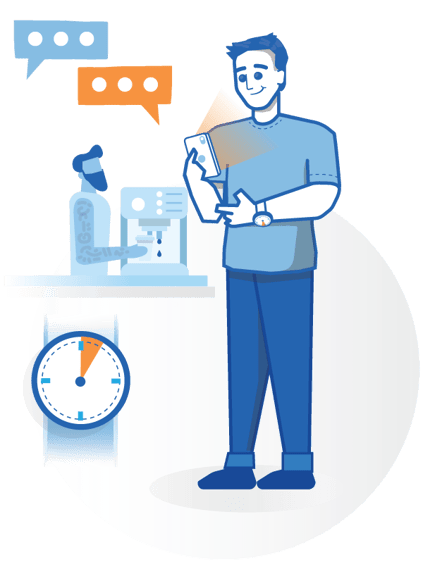
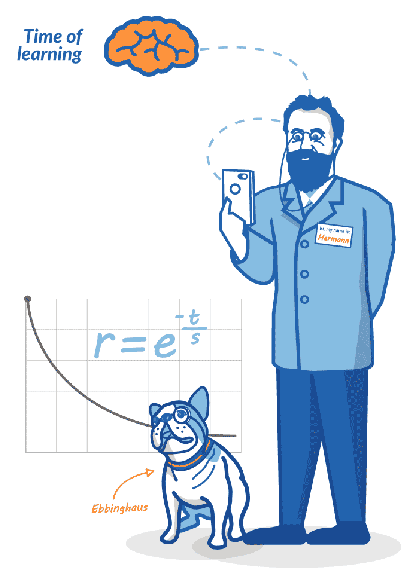 To further compound the problem of traditional training, recent replicated studies of the
To further compound the problem of traditional training, recent replicated studies of the 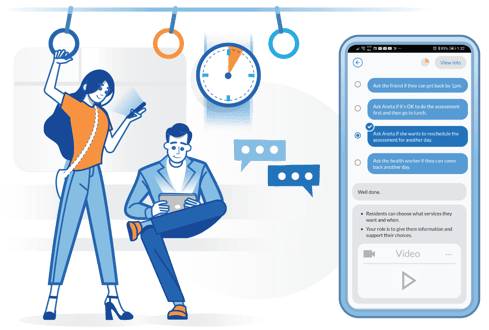 Questions are a powerful learning tool but …
Questions are a powerful learning tool but …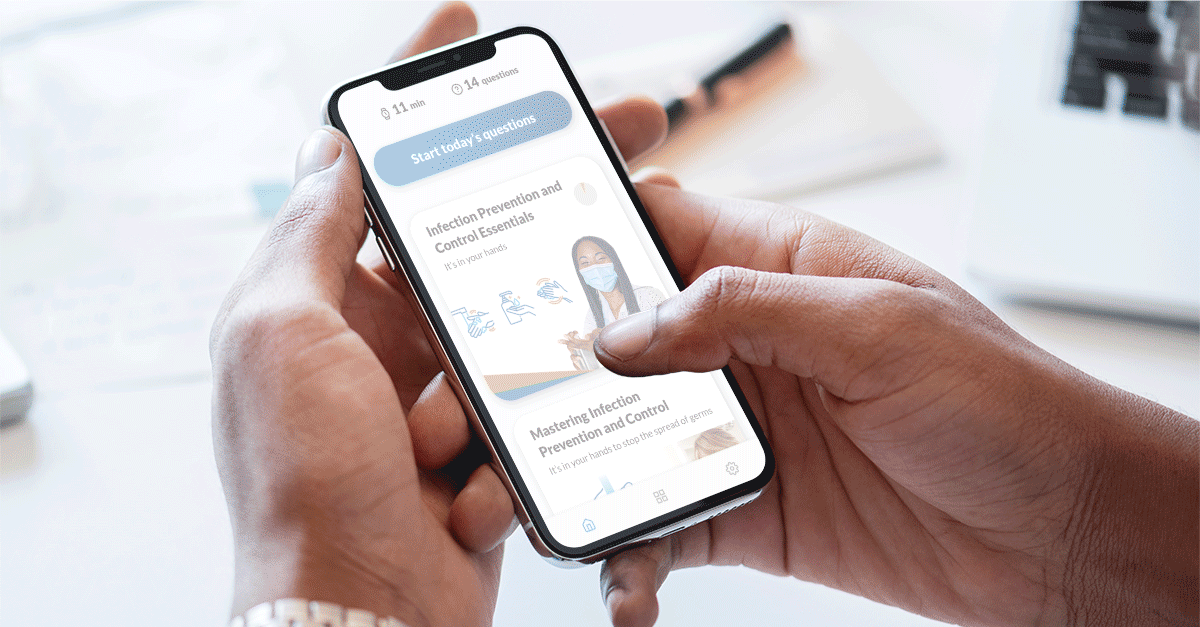
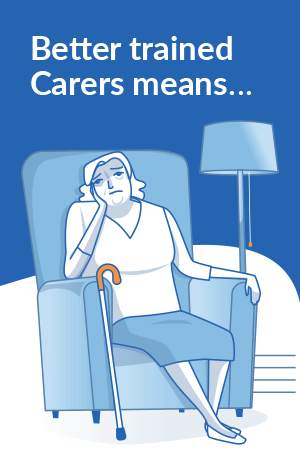
 The aged care sector suffers from severe difficulties in recruiting, training, and retaining staff.
The aged care sector suffers from severe difficulties in recruiting, training, and retaining staff. Unfortunately, however, aged care is a notoriously time-poor sector, with employees working long and physically demanding shifts. As a result, they are often too tired, both mentally and physically to sit down in front of a computer and complete elearning modules. A little and often approach to learning is a more suitable alternative.
Unfortunately, however, aged care is a notoriously time-poor sector, with employees working long and physically demanding shifts. As a result, they are often too tired, both mentally and physically to sit down in front of a computer and complete elearning modules. A little and often approach to learning is a more suitable alternative. 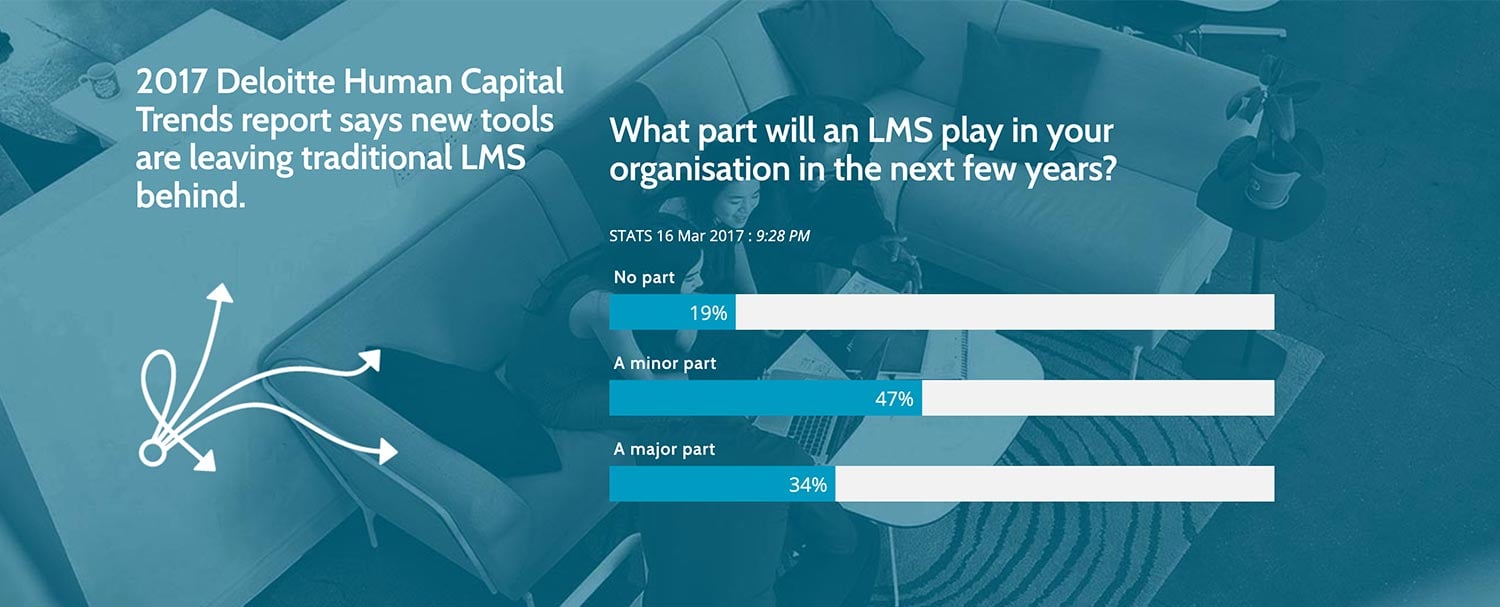
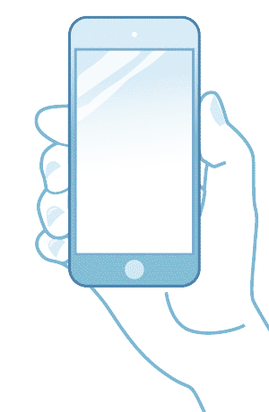 The Result?
The Result?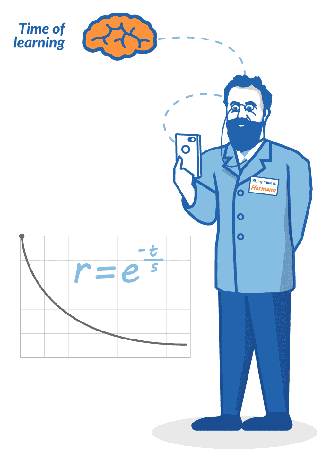 Microlearning
Microlearning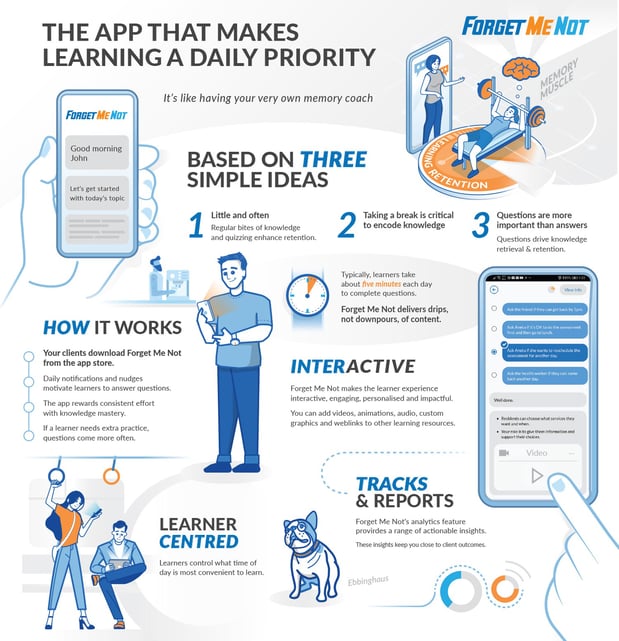
 BETTER TRAINED STAFF =
BETTER TRAINED STAFF =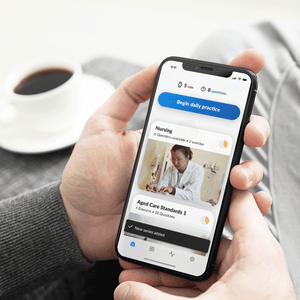 Digital learning, those experiences supported by technology connected to the internet, can just as easily add barriers as it can bridge gaps in the learning process.When it comes to digital learning, I think we need to know whether we’re building digital bridges or erecting barriers. Digital learning can easily overwhelm, inundate, and confuse the learner with options, prompts, challenges and an unpredictable torrent of information… some helpful and some not! I am not suggesting that this learning experience is better or worse, but it is decidedly different.
Digital learning, those experiences supported by technology connected to the internet, can just as easily add barriers as it can bridge gaps in the learning process.When it comes to digital learning, I think we need to know whether we’re building digital bridges or erecting barriers. Digital learning can easily overwhelm, inundate, and confuse the learner with options, prompts, challenges and an unpredictable torrent of information… some helpful and some not! I am not suggesting that this learning experience is better or worse, but it is decidedly different.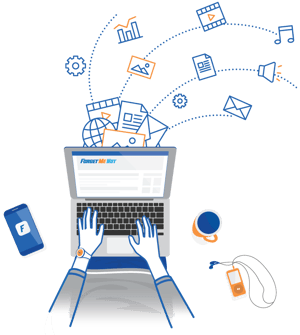
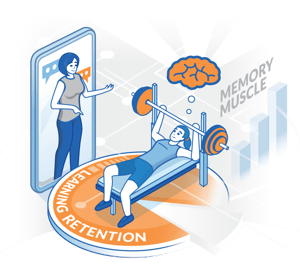 3 hacks to bridge gaps
3 hacks to bridge gaps